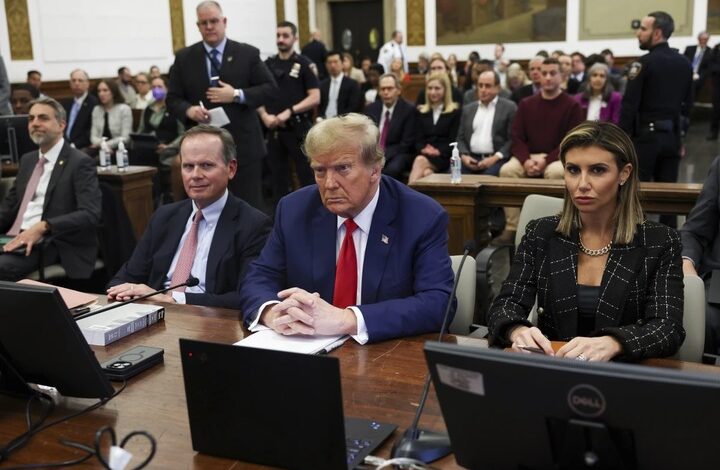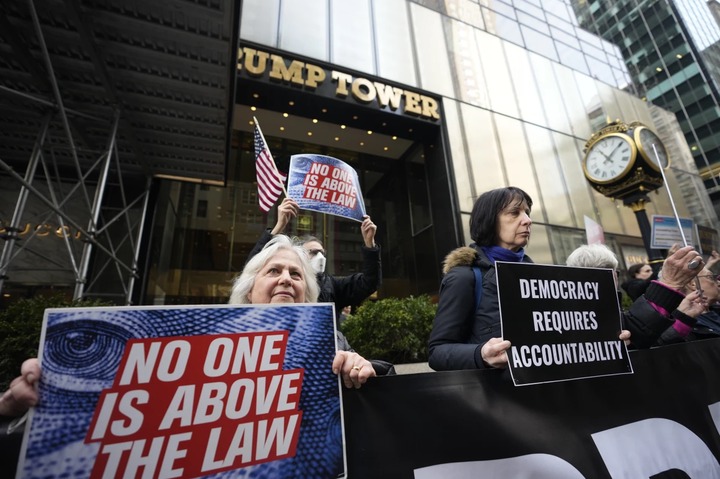Decades-Long Analysis Predicts Verdict in Trump’s New York Fraud Case – Days Away from Conclusion

In a potentially catastrophic legal battle, former President Donald Trump faces the looming threat of having his sprawling real estate business empire “dissolved” by New York Attorney General Letitia James. (news-us.feednews.com) The suit alleges repeated misrepresentations on financial statements to lenders, branding Trump’s actions as deliberate fraud. This severe punishment, rare in the historical context of New York’s stringent anti-fraud law, has been meted out only a dozen times over nearly 70 years, according to an Associated Press analysis reported on Monday, January 29.

This legal saga takes an unprecedented turn, differing from its predecessors, as it involves a high-profile figure rather than the usual cast of scam artists, con men, and fraudsters who left trails of victims and financial ruin. Trump’s case lacks the typical narrative of aggrieved parties and substantial losses, making it a unique test where the application of justice is debated not only in legal terms but also in the court of public opinion. As the courtroom dramas unfold, Trump’s legal team contends that the cessation of financial exaggerations marks a corrective course, while the state argues that the gravity of repeated misrepresentations warrants severe consequences, emphasizing the principles of fair play in business. ( 📄 South Carolina Rally: Biden Freaks Out, Mentions Trump’s Name )
The pivotal question as the trial nears its climax is whether Judge Arthur Engoron will endorse the dissolution of Trump’s business empire. Legal scholars have weighed in, expressing concerns about the potential precedent such a decision might set. Columbia University law professor Eric Talley describes it as a “death penalty for a business” and questions whether Trump is a victim of a witch hunt, being punished for not being liked. Michigan law professor William Thomas senses foul play, wondering about the absence of a clear complainant in the case and the lack of a long list of victims.
The analysis of past cases under New York’s anti-fraud law reveals a pattern where dissolved businesses are usually associated with tangible victims and substantial financial losses. Trump’s case stands out as an exception, prompting a critical examination of whether the absence of clear victims should preclude such a severe penalty. Judge Engoron’s order in September asserted that Trump committed fraud and recommended the revocation of state certificates essential for running his New York companies. ( 🔗 Hillary Clinton Breaks Silence As Her Bold Prediction For The GOP Nominee Comes to Light ) The ambiguous term “dissolution” has left observers speculating about the fate of Trump’s iconic properties, including Trump Tower and Mar-a-Lago.
The imminent ruling, expected by January 31, hangs like a sword of Damocles over Trump’s empire, leaving the former president in suspense as he awaits the judgment that will determine the fate of his business legacy. The stakes are high, the legal arguments intense, and the outcome will not only shape the trajectory of Trump’s empire but also set a precedent with far-reaching implications for the intersection of justice, business, and public perception.

